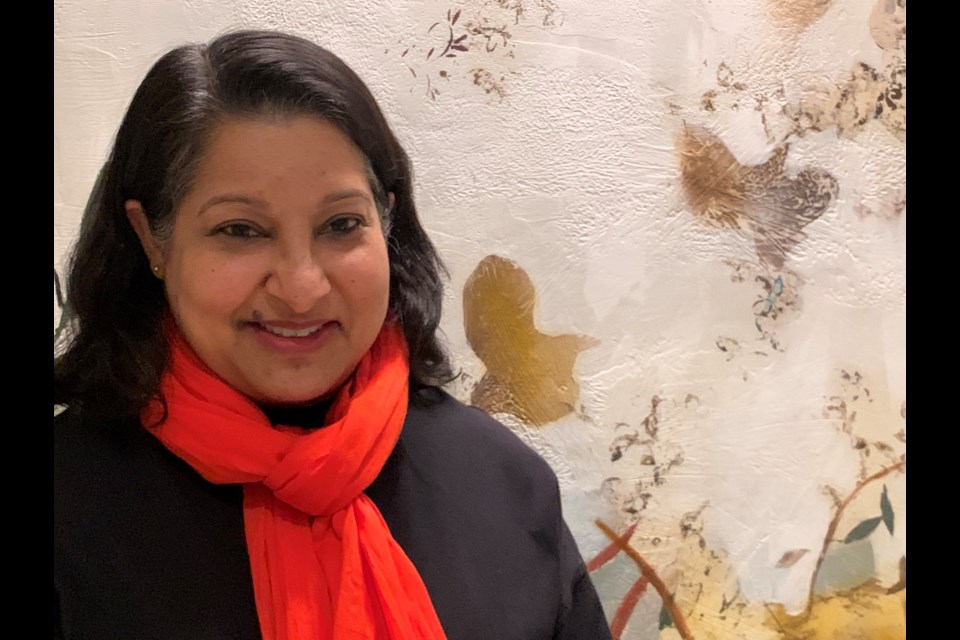A group of concerned students are speaking up against the “disruptive” hybrid learning model that York Region schools have adopted during the COVID-19 pandemic.
York Communities for Public Education (YCFPE) will be discussing the negative impacts of online and semi-online learning in the #StudentsSayNo To Normalizing Crisis Learning virtual town hall from 7 to 8:30 p.m. on Thursday, May 20.
Elementary and secondary school students from the York Catholic District School Board and York Region District School Board will be discussing their experiences with online learning, criticizing its impact upon student mental health, and elaborating on alternatives they would prefer to see implemented. The event will also feature musical and slam poetry performances by some of the students.
Those who wish to attend are encouraged to register online and submit questions for panellists by Wednesday, May 19. The event will be broadcast live on YCFPE’s YouTube page, where additional questions can be asked real-time.
“It’s an awareness piece for families to understand what the hybrid model is really all about,” said Shameela Hoosen-Shakeel, co-chair of YCFPE. “We wanted to do it from a student perspective because often our student voice isn’t asked for. Our (school) board doesn’t listen to the students’ options.”
The hybrid model is a system of learning where students attending class in-person and students attending remotely are taught simultaneously by the same teacher. Touted by officials as a safer alternative to in-person learning during the COVID-19 pandemic, critics point to the split attention of teachers, a disregard for children with learning disabilities, privacy issues surrounding students on camera, and mental health concerns as detractors.
The York Catholic District School Board has implemented the hybrid model since November 2020, while the York Region District School Board announced it would be implementing it in elementary and secondary schools for the 2021-2022 school year May 5.
“Through feedback, we have heard from families that their priorities include students being connected to their home school, the ability to switch more readily when required between remote learning to in-person learning, and access to continuity of remote learning as needed,” said Louise Sirisko, director of education for YRDSB, in a statement. “Through the hybrid model, families will continue to have the ability to opt for in-person or remote learning, and placement for all students will be in their home school.”
Hoosen-Shakeel, a longtime public education advocate and professional psychologist, disagrees. As a mother of four, she’s witnessed the negative effects of online learning and the hybrid model firsthand.
Students spend days confined to their rooms, learning online with classmates they often can’t see. Once-in-a-lifetime milestones like prom and graduation have gone virtual, inadequately so. Cases of anxiety, depression, and even eating disorders sparked by the isolation of COVID-19 have skyrocketed.
“There’s a sense of hopelessness for a lot of students,” said Hoosen-Shakeel. “They just feel like there’s no point in trying hard in school because it doesn’t matter anyway.”
Teachers, meanwhile, must deal with an immensely increased workload, splitting their attention between students in class and those at home, she added.
Students will be discussing their requests, including eliminating the hybrid model and implementing concrete mental health supports, in the virtual town hall.
Future YCFPE events for just parents and teachers will be announced on Facebook.
